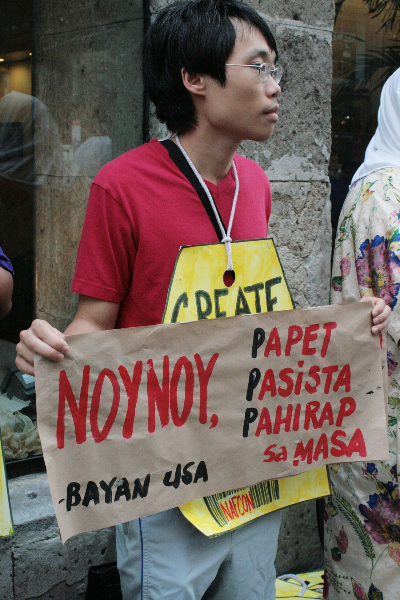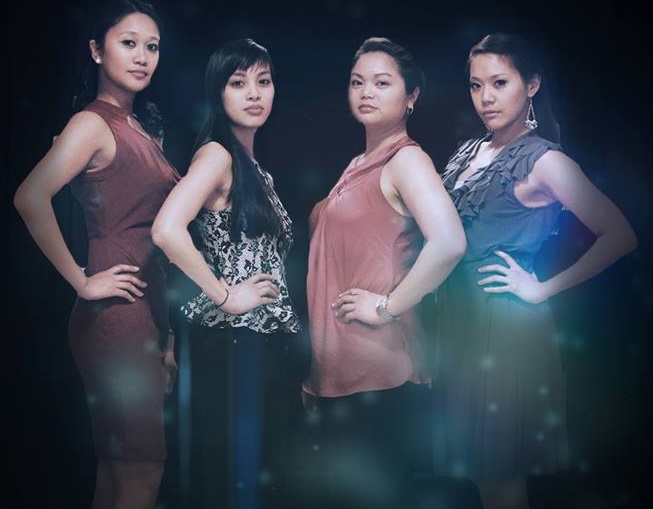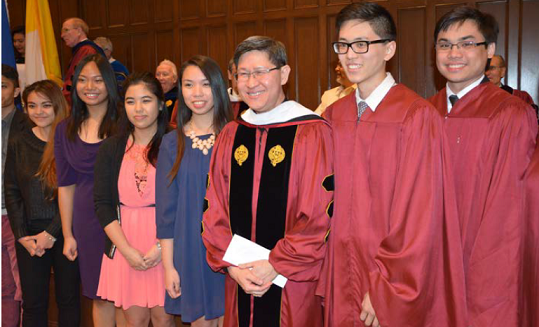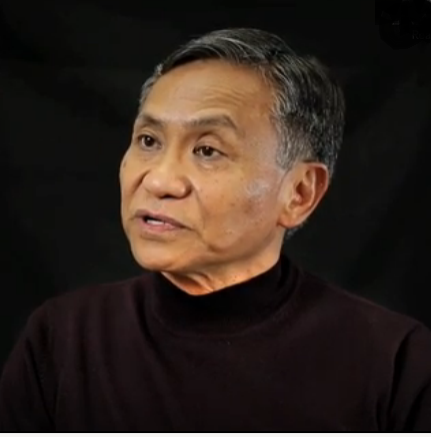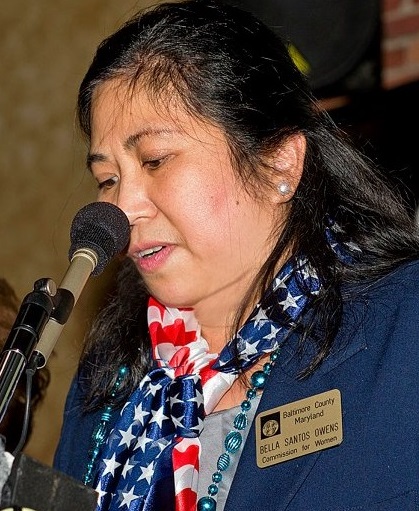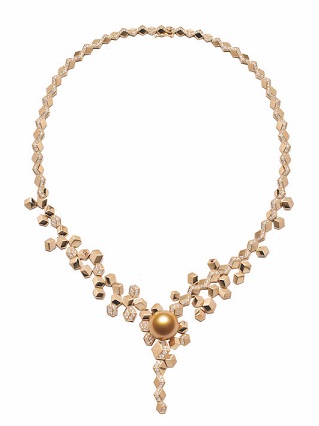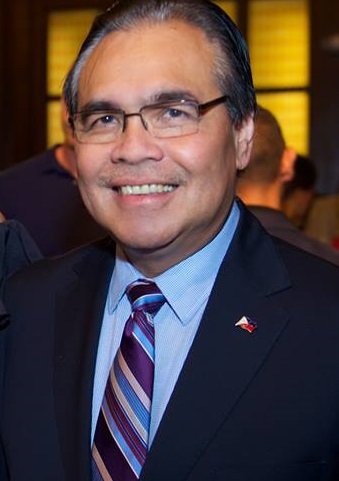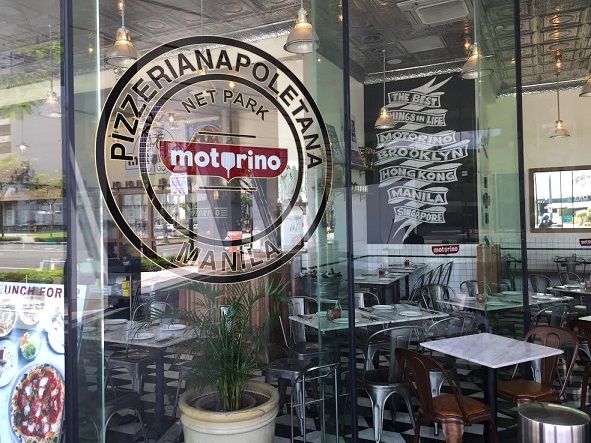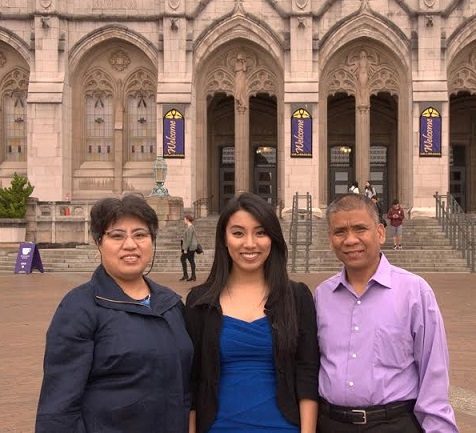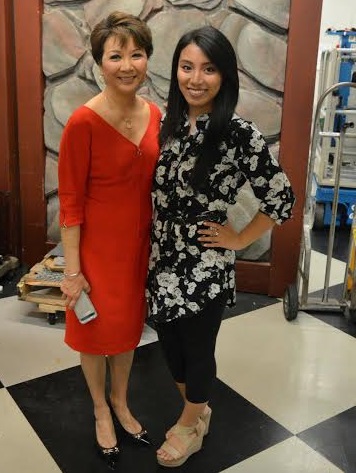Bullied for ‘being different,’ young FilAm is now an aspiring journalist
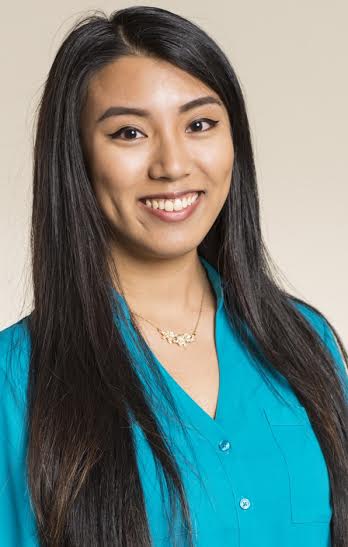
The author is one of University of Washington’s Husky 100, a class of students recognized for their exemplary leadership and community service
I am a first-generation Filipino-American, who is entering my fourth and final year at the University of Washington in Seattle.
Following my passion for storytelling, I veered away from the pre-nursing route my parents had envisioned for me and applied to the small but competitive major of journalism. I also picked up a minor in English, and am currently finishing up a second minor in Diversity.
I received multiple scholarships for my freelance work, including the 2016 Northwest Journalists of Color scholarship and The Seattle Times scholarship. As a part of the Northwest Journalists of Color scholarship, KING 5 news anchor Mimi Jung offered to be my mentor for the upcoming school year. I am currently interning at the International Examiner, Seattle’s largest Pan-Asian and Pacific Islander newspaper, and I am the digital content production intern for a youth media show at KCTS 9.
I consider my most notable achievement thus far my selection as a member of the Husky 100. The Husky 100 is a group of 100 UW students who have “demonstrated leadership, initiative, and community service involvement both on campus and beyond.”
It was not always easy getting to where I am now.
I was born and raised in South Seattle to Filipino immigrant parents. My mother, a certified nursing assistant, was born in Jolo, Sulu, but she was raised in Santa Ignacia, Tarlac. Because her father was in the Philippine military, she and her family moved from province to province when she was a child. She is the only daughter.
My father, a baggage handler and cabin cleaner at the airport, comes from Bauang, La Union. Both of my parents grew up in rural villages where agriculture and physical labor were the means of livelihood. They decided to leave the Philippines hoping to provide a better future for their families in America.
I am proud that unlike most Filipinos born in the United States, I was raised to be able to speak the Ilocano dialect fluently at the same time I learned how to speak English. It definitely made my communication with other relatives more effective. I would speak Ilocano at home, and easily switch to English when I was with non-Filipinos. I was happy that I didn’t have a language barrier with either side of my culture.
My mom later brought her parents, her four brothers, their wives and children from the Philippines to live with us under one roof. It was often difficult for me to study for exams and focus on applying for colleges in a loud environment that consisted of Filipino soap operas, screaming and playing children, and the clanging of pots and pans in the kitchen directly above my bedroom.
My parents did their best to provide for me, my brother, and the rest of our family. I attended a private school from kindergarten until the eighth grade, and then it was time for me to apply to a private high school.
It made them ecstatic when I was accepted into a private all-girls academy, where most of my classmates’ parents were nurses, engineers, or businessmen. My first year of high school at a predominantly white school was traumatic, however, and it was what first opened my eyes to cultural differences.
Being bullied for being “different” in a private all-girls school that was predominantly Caucasian made me realize that there are so many people whose voices are not heard and who are being treated unfairly because of how they look or how they were raised. That is what motivated me to become a journalist: to become a voice for those whose voices are lost.
After experiencing bullying both at school and online, I made the decision to transfer to Franklin High School for my sophomore year. The switch from a private school to a public school was scary at first, but I quickly adapted to the change.
I joined the University of Washington Upward Bound program, a college preparatory program for first-generation and low-income high school students. As a participant, I took classes at UW’s Seattle campus for two summers.
I was also the secretary for Franklin’s Filipino Club as well as the Student Government secretary during my senior year. Before graduating from high school, I was awarded the Ilaw Ng Tahanan (“light of the home”) scholarship and the book scholarship from the Filipino American Educators of Washington.
Pretty shy
A career that involved public speaking never crossed my mind until I came to college. I was actually pretty shy growing up. I was the type of student who knew the answers to questions but was too afraid of raising my hand and getting them wrong. It’s funny to me that now I’m pursuing a career which requires me to do a lot of public-speaking, especially in front of a camera.
My dad would always turn on the newscasts before he dropped me and my brother off to school in the mornings, and then we would watch it again when we came home. Watching the news was part of our daily routine, but I never thought that I could be one of those people delivering the news on TV. In the future, I hope to become a broadcast journalist with a focus on ethnic minorities in the media and entertainment industry.
Five years before today, I would not have described myself as a risk-taker. Through many twists and turns, I’m glad I experienced my struggles and adversity as a proud Filipino American in order to get to where I am today. I hope young people of color like myself will stay proud of who they are no matter where they go in life, and that they will always remember to follow their dreams.

